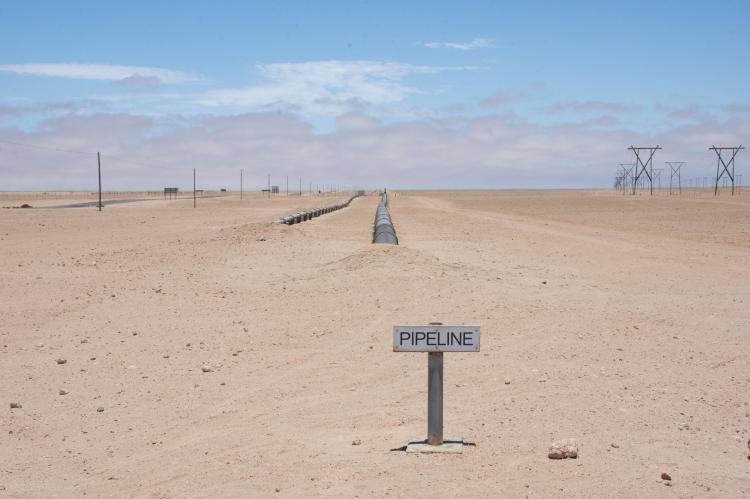Kenya and Uganda have initiated discussions to extend a petroleum products pipeline from Eldoret to Kampala, a project aimed at reshaping the region’s fuel import landscape.
As reported by a Kenyan local media outlet, KBC, Ugandan Energy Minister Ruth Ssentamu visited Kenya last week to meet with Kenyan energy officials, including Principal Secretary Mohammed Liban, and tour the Kenya Pipeline Company (KPC) headquarters.
KPC Managing Director Joe Sang said the extension would bolster Kenya’s position in the petroleum export market, especially in light of Uganda’s recent shift to independent fuel imports. He expressed KPC’s readiness to collaborate with Uganda on the Eldoret-Malaba section of the pipeline.
The project involves Kenya building a multi-product pipeline from Eldoret to the Malaba border, while Uganda constructs a connecting line to Kampala. There are also plans for a potential extension to Kigali, Rwanda.
Ssentamu said the visit focused on planning the project and gaining insights into KPC’s operations.
Uganda ended its reliance on Kenya for fuel supplies in early July after a deal between the Uganda National Oil Corporation and Vitol Bahrain. The East African nation aims to secure lower fuel prices while continuing to use Kenya’s Port of Mombasa and KPC infrastructure for transporting products to western Kenya depots.
The pipeline concept was first proposed in 1995 and revived in May following a feasibility study funded by the European Investment Bank.
President William Ruto said in May that Kenya and Uganda would form a joint committee to oversee the project and mobilize resources. Progress reports are expected by the end of the year. KBC/The East African






